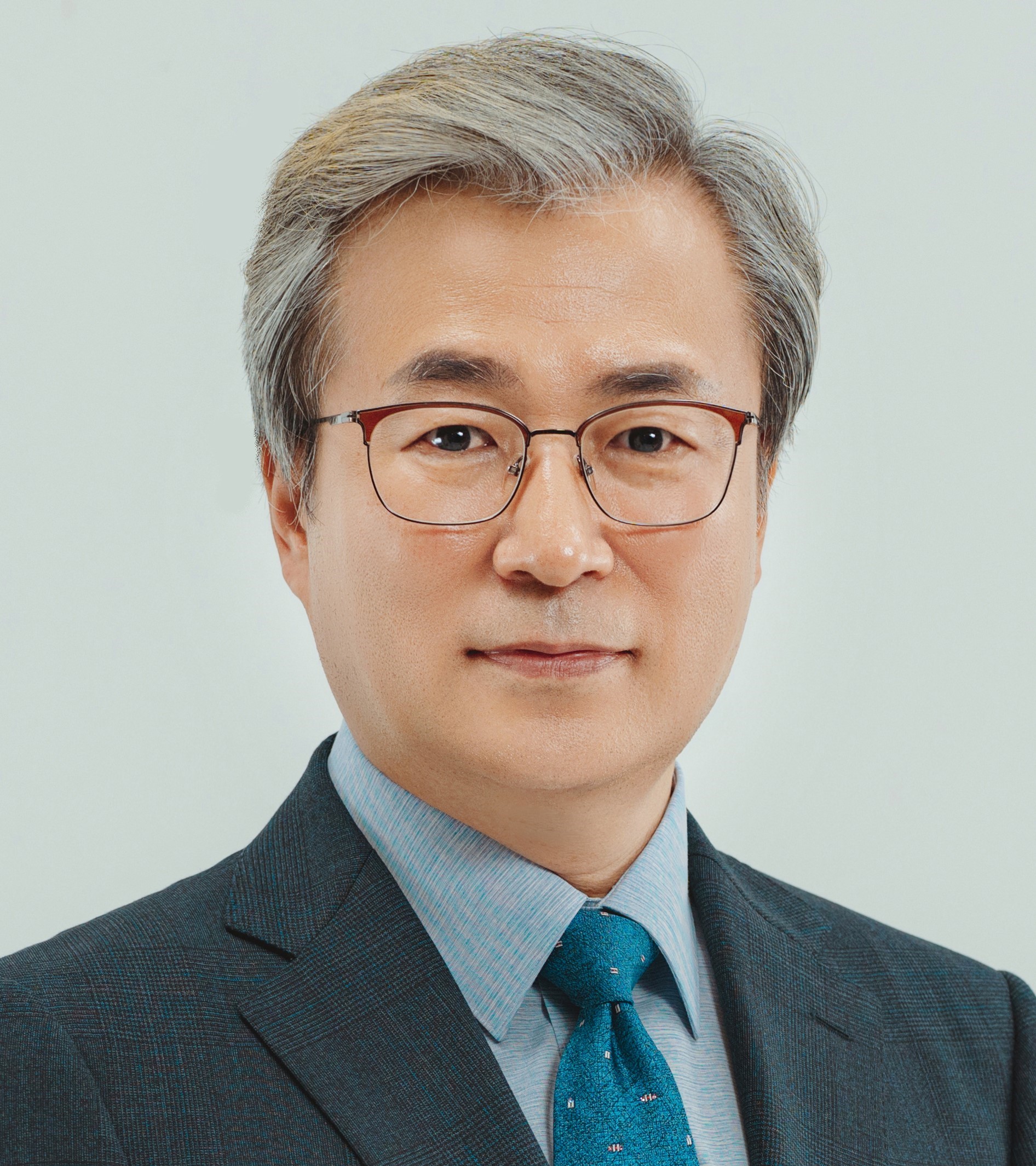AI and Networking Lab
Prof. Seong Ho Jeong
Dept. of Information and Communications Engineering
Hankuk University of Foreign Studies


About Prof. Seong Ho Jeong
Prof. Seong Ho Jeong received his Ph.D. degree in Electrical and Computer Engineering from Georgia Institute of Technology (Georgia Tech), Atlanta, USA. He worked for Electronics and Telecommunications Research Institute (ETRI) in Korea from 1990 to 2001 as Senior Researcher to develop and standardize broadband communications and networking technologies. He was with Georgia Tech Communications Systems Center for research on broadband and IP core technologies, voice over IP, quality of service, communications systems, multi-protocol label switching from 1997 to 2000. He was also with Bell Communications Research in USA to work on voice over IP and wireless ATM in 1998. He worked as Invited Researcher from Sept. 2006 to Feb. 2007 and served as Advisory Committee Member for several years in Electronics and Telecommunications Research Institute. From 2007 to 2008, he was with University of California, Irvine, USA, as Visiting Professor to work on multimedia transmission over wireless/mobile networks, in particular, multimedia service quality enhancement in wireless networks and mobile IPTV.
He is currently an ICT International Standardization Master designated by the Ministry of Science and ICT of Korea. He has been actively participating in ITU-T Study Group 12 for developing standards on performance, QoS, and QoE, and he has served as ITU-T SG12 Vice Chairman and Q1/12 Rapporteur since 2017. He also has been actively participating in ITU-T SG16 (now SG21) for developing standards on multimedia systems and applications since 2002. He has served as Vice Chairman of ITU-T SG16 from 2009 to 2016 and Chairman of ITU-T SG16 WP2 (Multimedia Services and Accessibility) from 2013 to 2016. From 2009 to 2012, he also served as Chairman of ITU-T SG16 WP2 (Applications and Systems). He has served as Chairman of ITU-T SG16 WP1 (Content Delivery) since 2017. He served as Rapporteur of ITU-T SG16 Q.F (Quality of Service (QoS) and End-to-End Performance in Multimedia Systems) from 2003 to 2004 and Rapporteur of ITU-T SG16 Q.24 (Quality of Service and End-to-End Performance in Multimedia Systems) from 2005 to 2008 and contributed to produce key Recommendations on application-level QoS architecture and mechanisms for multimedia systems and services.
From 2007 to 2008, he served as Rapporteur of ITU-T SG16 Q.4 (Advanced multimedia communication service features on top of the ITU-T defined multimedia system platforms). He also served as Rapporteur of ITU-T SG16 Q.4 (Advanced functions for H.300-series systems and beyond) from 2009 to 2012 and Rapporteur a.i., of ITU-T SG16 Q.27 (Vehicle gateway platform for telecommunication/ITS services/applications) from 2014 to 2016. In addition, he has been serving as Editor of various Recommendations on QoS/QoE, multimedia systems, mobile multimedia services in ITU-T SG12, ITU-T SG16 and ITU-T SG13. He has also been serving as Korean Head of Delegation (HoD) of ITU-T SG12 and ITU-T SG16 and Chairman of Korea ITU-T SG12 and ITU-T SG16 Mirror Committees.
From 2003 to 2011, he actively participated in Internet Engineering Task Force (IETF). In particular, he was one of major contributors to standardization on QoS signalling in the mobile environment within IETF NSIS (Next Steps in Signalling) Working Group. He also participated in 3GPP SA in 2011. Since 1990, he has been involved in standardization at TTA (Telecommunications Technology Association) where he served as Vice Chairman of TTA PG206 (Signaling) Standards Group in 2006 and 2007 and as Vice Chairman of TTA PG425 (VLC Convergence Communication) Standards Group from 2014 to 2017. He also participated in standardization on mobile systems and IPTV in various TTA Standards Project Groups.
He is currently President Emeritus of Korean Institute of Communications and Information Sciences (KICS). He was President of KICS in 2024 and President of Open Standards and Internet Association (OSIA) in 2018. He served as Vice President of Korean Institute of Information Scientists and Engineers (KIISE) from 2013 to 2015. He also served as Executive Director of Korean Institute of Information Scientists and Engineers as well as Korea Intelligent Transport Systems Institute. He served as General Chair of International Conference on Big Data and Smart Computing (BigComp 2014) sponsored by IEEE and as General Chair of International Conference on Information Networking (ICOIN 2017) sponsored by IEEE. He also served as Chair of Technical Program Committee for various international conferences including ICUFN 2011 (Ubiquitous and Future Networks), ICOIN 2012 (Information Networking), ICTC 2013 (ICT Convergence), ICTC 2014, and ICTC 2015 sponsored by IEEE and IEICE. He was Technical Program Committee Member of the ITU Kaleidoscope event from 2010 to 2011.
He received the Industrial Service Medal from the President of the Korean government in 2016. He also received several achievement awards from the President of the Korean Institute of Communications and Information Sciences in 2010, 2013, 2014, and 2015; the President of the Korean Institute of Information Scientists and Engineers in 2015; the President of the Open Standards and Internet Association in 2014; and the President of the Telecommunications Technology Association in 2010. In addition, he received a service award from the General Chair of KRnet 2024.
He is currently Full Professor of Department of Information and Communications Engineering at Hankuk University of Foreign Studies (HUFS). He has been working on various industry/government projects as Principal Investigator in the areas of multimedia communications, AI/ML, wireless/mobile networks, advanced multimedia systems, QoS/QoE, 5G/future networks, cross-layer design, networked robots, signalling, ICN/CCN/CDN, D2D communications, mobile multimedia applications & services. He has many journal/conference publications including SCI/Scopus/EI-indexed papers, patents, and standards contributions in the areas of performance, QoS, QoE, multimedia, and various networking technologies.
Research
Current research topics include:
- - AI/Machine Learning for ICT
- - 5G/B5G/6G mobile communications and networks
- - Blockchain/Network Security and related applicaitons
- - Federated Learning for eHealth Applications
- - Next Generation Core Networks
- - Mulitimedia Communicatoins and Applications
- - Advanced Software Defined Networking
- - Information-Centric Networking
- - Vehicular Networks
- - Quality of Service and Quality of Experience
- - Metaverse and Cyber security